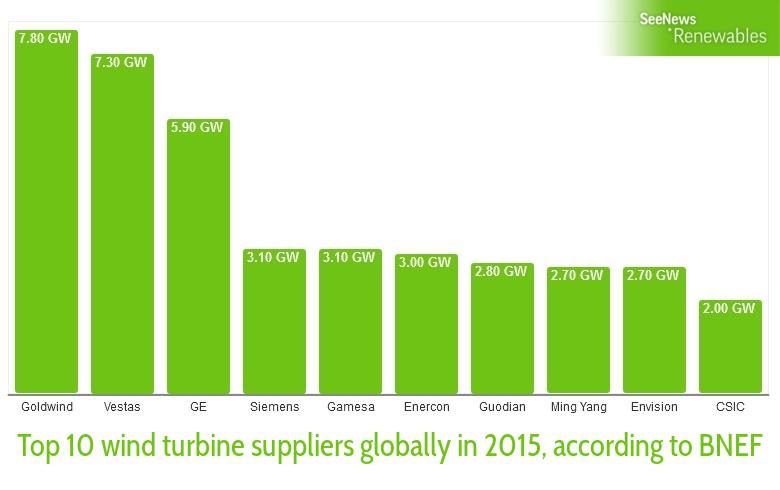Energy Minister Pongsak Ruktapongpisal has given the Electricity Generating Authority of Thailand (Egat) the green light to proceed with a plan to build coal-powered plants in Myanmar and Cambodia – providing Thailand with 10,000 megawatts of electricity. Egat has also been instructed to negotiate the purchase of nuclear power from China in order to bring down the cost of electricity.
At present, households pay independent power producers (IPP) who rely on imported liquefied natural gas (LNG) to operate.
According to Pongsak, Egat is in the middle of negotiations with the Myanmar government to invest in coal-powered plants, which would provide Thailand with between 4,000MW to 6,000MW – produced by a plant in Dawei – and another 2,000MW via the natural-gas pipeline. The issue will be raised with the Myanmar vice-president when he visits Thailand from May 26-28 to pave the way for the signing of a memorandum of understanding (MoU) on the deal.
In addition, the Energy Ministry has also been discussing the possibility of investing in a coal-powered plant in Cambodia to produce 4,000MW of electricity. Thailand hopes that buying power from Cambodia will keep the domestic cost of electricity from exceeding Bt6 per unit. Egat also plans to go ahead with its coal-powered project in Krabi once it has reached an “understanding” with residents and businesses protesting against the deal.
The minister said that in Thailand power plants were far too dependent on liquefied natural gas (LNG). Since supply from the Gulf of Thailand is dwindling, it was necessary for the foreseen future to rely on cheaper, imported LNG from the region. Furthermore, the next IPP bidding for 5,400MW of electricity would likely increase the cost of electricity for the general public. Since the bidding cannot be cancelled, the energy ministry has to secure other lower-cost sources of electricity, said the minister.
In addition to investing in coal-operated power plants from neighbouring countries, Egat is also looking at investing in hydro-electric power projects within the region.
The energy ministry is also trying to secure a power purchase deal with a Chinese nuclear power plant. The concept of nuclear power has yet to be widely accepted in Thailand.


